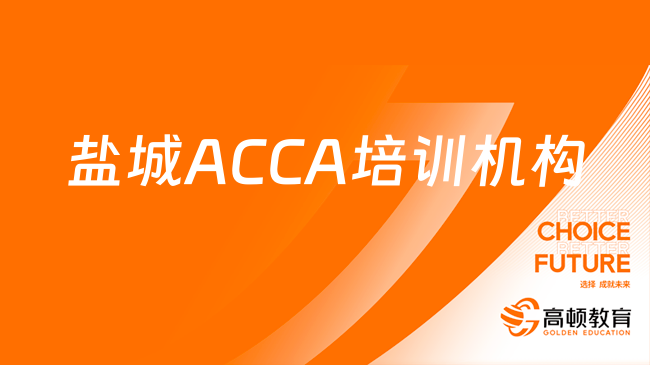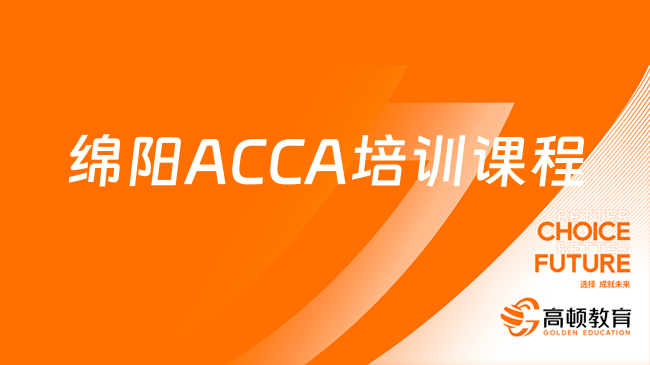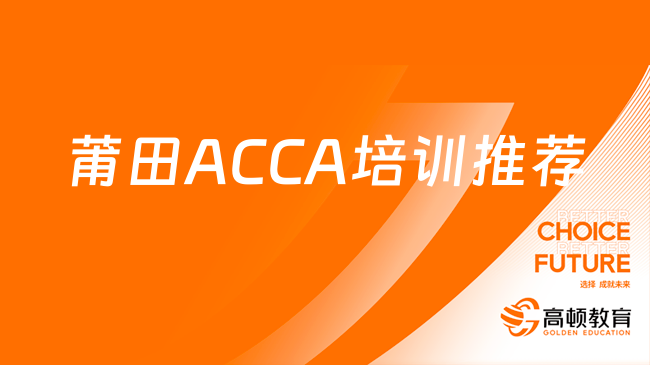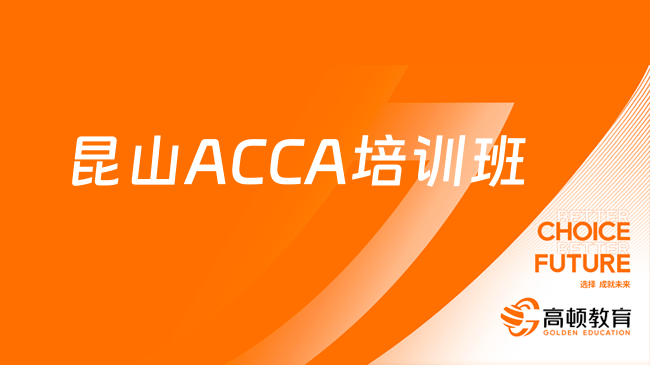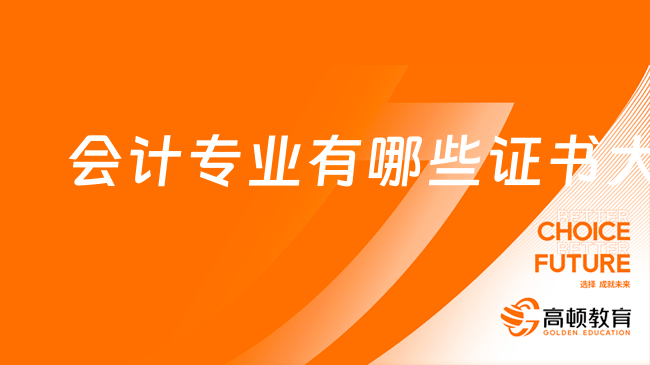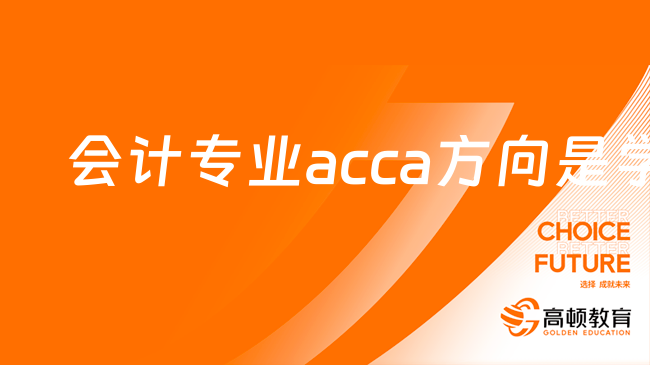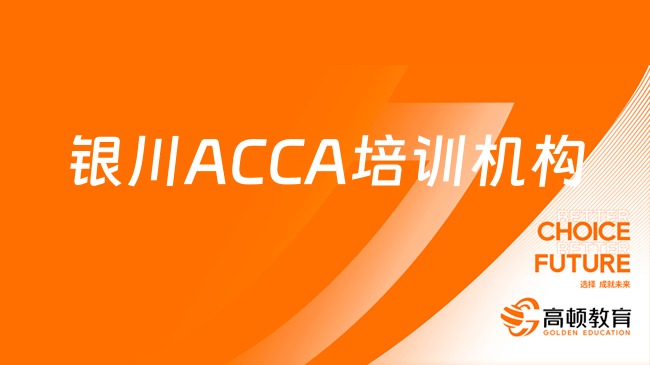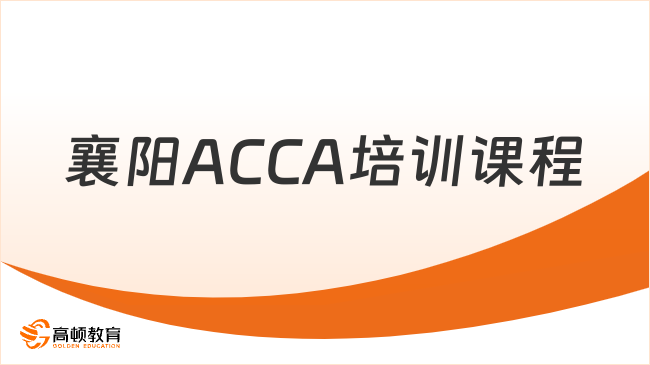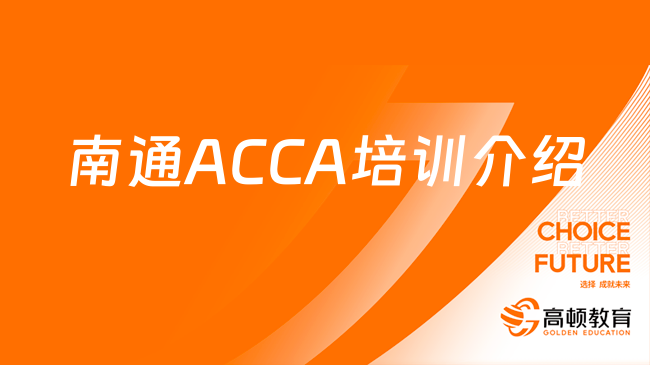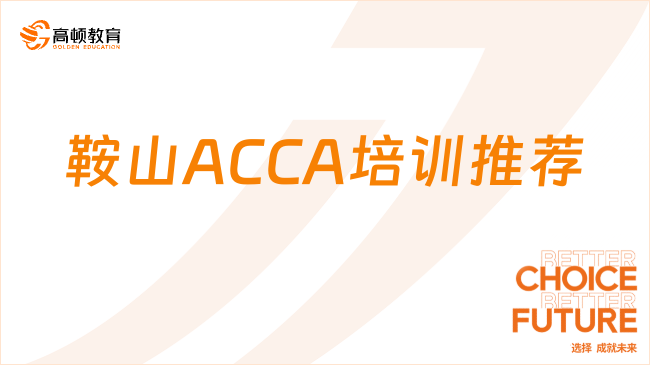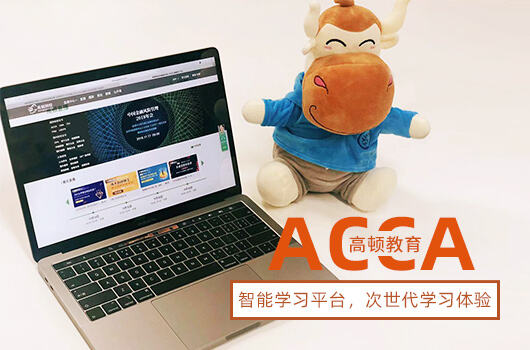2015年ACCA考试P1科目基础讲义4
来源:
高顿网校
2015-08-11
高顿网校小编为各位ACCA学员整理了P1科目讲义辅导,希望大家查漏补缺,对考试有所帮助。
Past Exam:
07 Dec- 4 (a) (c)

‘stakeholder’ and explain the importance of identifying all the stakeholders in the stadium project. (10 marks)
(c) Explain what ‘fiduciary responsibility’ means and construct the case for broadening the football club board’s fiduciary responsibility in this case. (7 marks)
Answer:
答题重点:
1、要准确分析题设内容,按照题设要求回答问题。读完题目内容后很多考生都会先入为主的认为答题重点是区分不同的stakeholder以及他们的利益相关点,但实际上考官想要得到的答案是通过对不同的stakeholder以及他们利益相关点的分析来论证对于一个公司来说准确分析和了解其利益相关者的重要性,也就是了解了他们对决策产生的影响后,使得管理层能够采用更好的方法对他们进行引导、控制和管理,促进公司决策的实施和推行。考生答题时一定要看清题意,抓住回答的正确方向。
2、要学会举一反三,将所学知识进行合理的运用和引申,课本中学习的‘fiduciary responsibility’主要是针对代理者与委托人,也就是公司股东和管理者之间,但本题中要求将这一‘fiduciary responsibility’进一步扩展和引申,很自然就能想到应该将其扩展运用于公司对其利益相关者所承担的责任。公司对其利益相关者同样承担着责任,即满足各个不同利益相关者的不同利益相关点,目的和最终结果不同,但承担责任的方式,同样也体现了‘fiduciary responsibility’。
(a) Define ‘stakeholder’ and explain the importance of identifying all the stakeholders in the stadium project. (10 marks)
<1>Definition (2 marks)
There are a number of definitions of a stakeholder. Freeman (1984), for example, defined a stakeholder in terms of any organisation or person that can affect or be affected by the policies or activities of an entity. Hence stakeholding can result from one of two directions: being able to affect and possibly influence an organisation or, conversely, being influenced by it.
Any engagement with an organisation in whom a stake is held may be voluntary or involuntary in nature.
<2>Importance of identifying all stakeholders (8 marks)
Knowledge of the stakeholders in the stadium project is important for a number of reasons. This will involve surveying stakeholders that can either affect or be affected by the building of the stadium. In some cases, stakeholders will be bi-directional in their stakeholding (claim) upon the stadium project. Stakeholders in the stadium project include the local government authority, the local residents, the wildlife centre, the local school and the football club’s fans.
(1) Stakeholder identification is necessary to gain an understanding of the sources of risks and disruption. Some external stakeholders, such as the local government authority, offer a risk to the project and knowledge of the nature of the claim made upon the football club by the stakeholder will be important in risk assessment.
(2) Stakeholder identification is important in terms of assessing the sources of influence over the objectives and outcomes for the project (such as identified in the Mendelow model). In strategic analysis, stakeholder influence is assessed in terms of each stakeholder’s power and interest, with higher power and higher interest combining to generate the highest influence. In the case, it is likely that the fans are more influential on the club’s objectives than, say, the local wildlife centre, as they have more economic power over the club.
(3) It is necessary in order to identify areas of conflict and tension between stakeholders, especially relevant when it is likely that stakeholders of influence will be in disagreement over the outcomes for the project. In this case, for example, the claims of the football club board and the local residents are in conflict.
(4) There is a moral case for knowledge of how decisions affect people both inside the organisation or (as is the case with the stadium project) externally.
Marking Scheme:
1 mark for each relevant point made on definition of ‘stakeholder’ up to a maximum of 2 marks.
Up to 2 marks for each relevant point on the importance of stakeholder identification up to a maximum of 8 marks.
(10 marks)
(c) Explain what ‘fiduciary responsibility’ means and construct the case for broadening the football club board’s fiduciary responsibility in this case. (7 marks)
<1>Definition of ‘fiduciary responsibility’
A fiduciary responsibility is a duty of trust and care towards one or more constituencies. It describes direction of accountability in that one party has a fiduciary duty to another. In terms of the case, the question refers to whose interests the directors of the football club should act in. Traditionally, the fiduciary duty of directors in public companies is to act in the economic interests of shareholders who invest in the company but are unable to manage the company directly. The case raises a number of issues concerning broadening the fiduciary duties of the directors of the football club with regard to the building of the new stadium, to other stakeholder groups.
<2>The case for extending fiduciary responsibility
(1) Although the primary fiduciary duty of directors in large public companies will be to shareholders, directors in businesses such as the football club described in the case may have good reason to broaden their views on fiduciary responsibility.
(2) This would involve taking into account, and acting in the interests of, the local wildlife centre, the residents, the school, the local government authority and the fans.
(3) The stakeholders in the case are not in agreement on the outcome for the new stadium and the club will need to privilege some stakeholders over others, which is a common situation whenever a proposal involving multiple impacts is considered.
(4) The specific arguments for broadening the fiduciary duties in this case include the following:
①Such an acceptance of claims made on the football club would clearly demonstrate that the club values the community of which it considers itself a part.
②It would help to maintain and manage its local reputation, which is important in progressing the stadium project.
③To broaden the fiduciary responsibility in this case would be to an important part of the risk management strategy, especially with regard to risks that could arise from the actions of local stakeholders.
④It could be argued that there is a moral case for all organisations to include other stakeholders’ claims in their strategies as it enfranchises and captures the views of those affected by an organisation’s policies and actions.
Marking Scheme:
1 mark for each relevant point made defining ‘fiduciary responsibility’ up to a maximum of 3 marks.
1 mark for each relevant point made in favor of extending fiduciary up to a maximum of 4 marks.
(7 marks)
高顿网校温馨提醒
各位考生,2015年ACCA备考已经开始,为了方便各位学员能更加系统地掌握考试大纲的重点知识,帮助大家充分备考,体验实战,高顿网校开通了全免费的ACCA题库(包括精题真题和全真模考系统),题库里附有详细的答案解析,学员可以通过多种题型加强练习。戳这里进入ACCA免费题库>>>
| ACCA网络课程 | 课程专业名称 | 讲师 | 试听 |
 85%的人正在学习该课程 85%的人正在学习该课程 | ACCA 全维度网课体验课程 实景课堂与独立录制 覆盖所有知识点,根据学习计划推进学习进度 | 高顿名师 |  |
 70%的人正在学习该课程 70%的人正在学习该课程 | ACCA网课全科卡(8.2折) 为零基础刚开始学习ACCA的学员特别定制 | 高顿名师 |  |
精彩推荐:
版权声明:本条内容自发布之日起,有效期为一个月。凡本网站注明“来源高顿教育”或“来源高顿网校”或“来源高顿”的所有作品,均为本网站合法拥有版权的作品,未经本网站授权,任何媒体、网站、个人不得转载、链接、转帖或以其他方式使用。
经本网站合法授权的,应在授权范围内使用,且使用时必须注明“来源高顿教育”或“来源高顿网校”或“来源高顿”,并不得对作品中出现的“高顿”字样进行删减、替换等。违反上述声明者,本网站将依法追究其法律责任。
本网站的部分资料转载自互联网,均尽力标明作者和出处。本网站转载的目的在于传递更多信息,并不意味着赞同其观点或证实其描述,本网站不对其真实性负责。
如您认为本网站刊载作品涉及版权等问题,请与本网站联系(邮箱fawu@gaodun.com,电话:021-31587497),本网站核实确认后会尽快予以处理。
点一下领资料
【整理版】ACCA各科目历年真题
真题高频考点,刷题全靠这份资料
下载合集
acca全科学习思维导图
梳理核心考点,一图看懂全部章节
下载合集
2023年acca考纲解析
覆盖科目重难点,备考按照计划走
下载合集
acca备考 热门问题解答
- acca考试怎么搭配科目?
-
建议优先选择相关联的科目进行搭配报考,这样可以提高备考效率,减轻备考压力,1、F1-F4:为随时机考科目,难度较低,这里可以自行随意选择考试顺序。2、F5-F9:如果你的工作的和财务会计或者审计有关、或者你比较擅长财务和审计的话,推荐先考F7和F8。你可以选择一起考ACCA考试科目F7和F8或者先考F7(8)再考F8(7),这就要取决你一次想考几门。3、P阶段:选修科目中,建议企业首选AFM!第二部分科目进行选择,如果AA和SBR掌握学生更好,可以通过选择AAA,如果SBL掌握的好,可以自己选择APM。
- acca一共几门几年考完?
-
acca一共有15门考试科目,其中有必修科目和选修科目,考生需要考完13门科目才能拿下证书。
- acca一年考几次?
-
acca一年有4次考试,分别是3月、6月、9月和12月,分季机考科目是采取的这类四个考季的模式,而随时机考则是没有这方面的时间规定限制,可以随报随考。
- acca的含金量如何?
-
ACCA证书的含金量是比较高的,从就业、能力提升、全球认可等角度来说,都是比较有优势的证书,其含金量主要表现在以下几个方面:1、国际化,认可度高;2、岗位多,就业前景好;3、缺口大,人才激励。
严选名师 全流程服务
其他人还搜了
热门推荐
-
盐城ACCA培训机构,高顿ACCA要不要报? 2023-07-04
-
绵阳ACCA培训课程,高顿ACCA值得报吗? 2023-07-04
-
莆田ACCA培训推荐,高顿ACCA要不要报? 2023-07-03
-
昆山ACCA培训班,高顿ACCA培训介绍? 2023-07-03
-
会计专业有哪些证书大学可以考?证书报考条件及获取指南一览! 2023-07-03
-
会计专业acca方向是学什么的? 2023-07-03
-
银川ACCA培训机构,高顿ACCA有哪些优势? 2023-07-03
-
襄阳ACCA培训课程,高顿ACCA值得报吗? 2023-07-03
-
南通ACCA培训介绍,高顿ACCA课程如何? 2023-07-03
-
鞍山ACCA培训推荐,高顿ACCA推荐吗? 2023-07-03
-
西宁ACCA培训推荐,高顿ACCA有哪些优势? 2023-06-26
-
江门ACCA培训机构,高顿ACCA好不好? 2023-06-26
-
赣州ACCA培训课程,高顿ACCA推荐吗? 2023-06-26
-
廊坊ACCA培训班,高顿ACCA值得报名吗? 2023-06-25
-
大同ACCA培训介绍,高顿ACCA课程如何? 2023-06-25
-
大同ACCA培训介绍,高顿ACCA课程如何? 2023-06-25
-
保定ACCA培训推荐,高顿ACCA培训介绍? 2023-06-25
-
珠海ACCA培训推荐,高顿ACCA要不要报? 2023-06-25
-
邯郸ACCA培训介绍,高顿ACCA怎么样? 2023-06-25
-
包头ACCA培训课程,高顿ACCA课程如何? 2023-06-25
-
烟台ACCA培训推荐,高顿ACCA课程怎么样? 2023-06-25
-
洛阳ACCA培训班,高顿ACCA值得报名吗? 2023-06-25
-
徐州ACCA培训推荐,高顿ACCA怎么样? 2023-06-21
-
唐山ACCA培训介绍,高顿ACCA要不要报? 2023-06-21
-
绍兴ACCA培训课程,高顿ACCA推荐吗? 2023-06-21
-
柳州ACCA培训班,高顿ACCA好不好? 2023-06-21
-
呼和浩特ACCA培训机构,高顿ACCA培训介绍? 2023-06-21
-
海口ACCA培训推荐,高顿ACCA怎么样? 2023-06-21
-
温州ACCA培训课程,高顿ACCA怎么样? 2023-06-21
-
淄博ACCA培训机构,高顿ACCA好不好? 2023-06-21
 更多服务
更多服务






